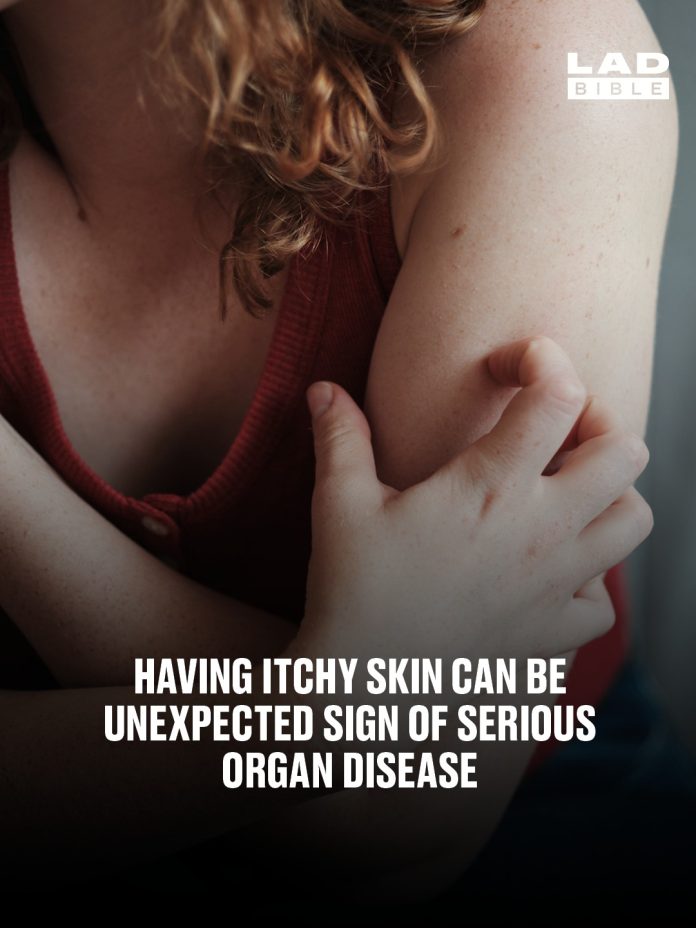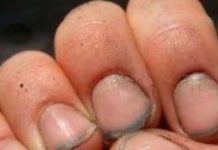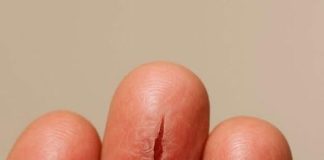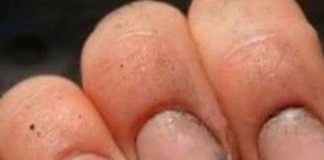Itchy skin can sometimes be more than just dry skin. Research shows it may be an early indicator of chronic kidney disease (CKD), affecting up to one in seven adults in some countries.
What Is CKD-Associated Itch?
Medically known as uremic pruritus or CKD-associated pruritus (CKD‑aP), this condition arises when damaged kidneys fail to filter toxins efficiently. As waste products accumulate in the bloodstream, they can irritate nerve pathways or alter immune function, resulting in severe itching despite clear skin. Itching typically affects the back, face, arms, or areas connected to dialysis access. It may appear as an internal, crawling sensation rather than a surface rash and often worsens with dry skin, stress, heat, or bathwater temperature.
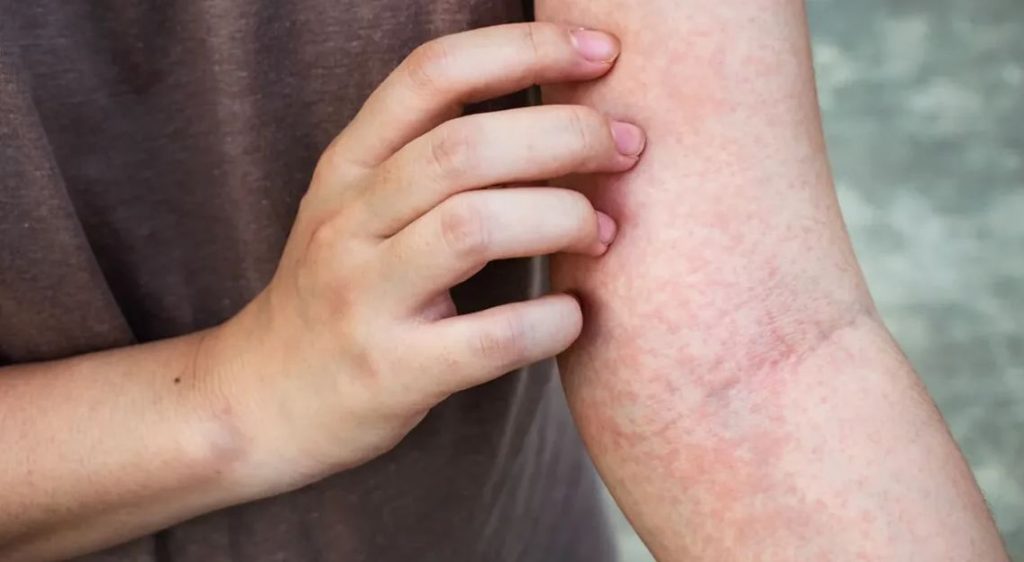
Why Does Kidney Disease Cause Itching?
Multiple factors contribute to CKD-related itch:
- Uremic toxins build up when kidneys can’t properly filter blood, irritating nerves and skin receptors.
- Immune dysregulation and systemic inflammation may intensify sensations of itching.
- Opioid receptor imbalances in CKD patients may disrupt how itch signals are regulated in the brain.
- Mineral and hormone imbalances, particularly elevated levels of calcium, phosphorus, magnesium, or parathyroid hormone, can exacerbate symptoms.
- Dry skin (xerosis) due to reduced sweat glands and altered skin lipids also plays a significant role. These effects are especially common in people undergoing dialysis
Other CKD Skin Manifestations
CKD can cause additional skin-related symptoms:
- Xerosis, or dry and flaky skin, may lead to cracks, bleeding, and infections.
- Uremic frost: rare white crystalline deposits from excess urea appear on skin in severe untreated cases.
- Acquired perforating dermatosis (APD): affects 2–11% of dialysis patients and causes firm, intensely itchy dome-shaped bumps, often near joints or limbs.
How Common Is It?
Itching affects nearly half of people in advanced CKD and up to 70% of those on dialysis. Among those on dialysis, about 25% report itching at least sometimes, with many describing it as “very” or “extremely” intense—and disruptive to their daily life and sleep quality.
Early Warning Signs Alongside Itchiness
Other symptoms often accompany CKD-related itch:
- Swollen ankles, feet, or hands due to fluid retention.
- Fatigue, loss of appetite, nausea, or metallic taste from toxin buildup.
- Frequent urination, especially at night, or noticeable changes in urine color or consistency.
- Shortness of breath, muscle cramps, and headaches
- Since early CKD is often silent, persistent itching in combination with these signs should prompt medical evaluation.
Diagnosis & Treatment Options
Medical evaluation for CKD-related itch typically involves:
- Excluding other causes like dermatitis, allergies, thyroid or liver disease.
- Blood tests for kidney function, electrolytes, and hormone levels.
- Examination of skin appearance and possibly biopsy if needed
Treatment strategies include:
- Optimizing dialysis or adjusting treatment plans to reduce toxin accumulation.
- Moisturizing regularly, using gentle cleansers and avoiding hot showers or harsh fabrics.
- Phototherapy (UVB) under dermatological guidance.
- Pharmacological therapies such as gabapentin/pregabalin, and newer kappa-opioid receptor agonists like difelikefalin (approved in the U.S.) or nalfurafine (approved in Japan)
Impact on Quality of Life & Mental Health
Chronic itching can severely impair life quality. Continuous scratching may cause skin damage or infection. Disrupted sleep and emotional stress can contribute to anxiety, depression, and fatigue. Interestingly, some studies suggest patients with severe CKD-associated itch have a higher mortality rate—possibly linked to sleep disturbance and diminished treatment adherence.
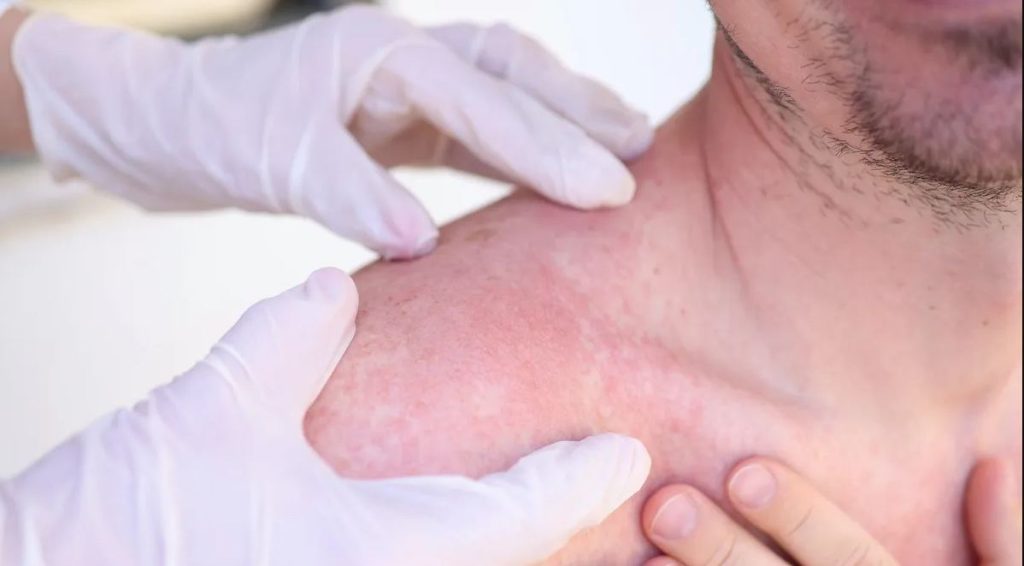
Final Thoughts
While itchy skin is often harmless, persistent widespread itching is not—especially when paired with symptoms like swelling, fatigue, or urinary changes. It may signal a serious underlying condition like CKD. Prompt evaluation and a tailored treatment plan are essential. If you or someone you know experiences unexplained chronic itching and possible kidney symptoms, consider consulting a healthcare provider to check kidney function and explore appropriate treatment options.

